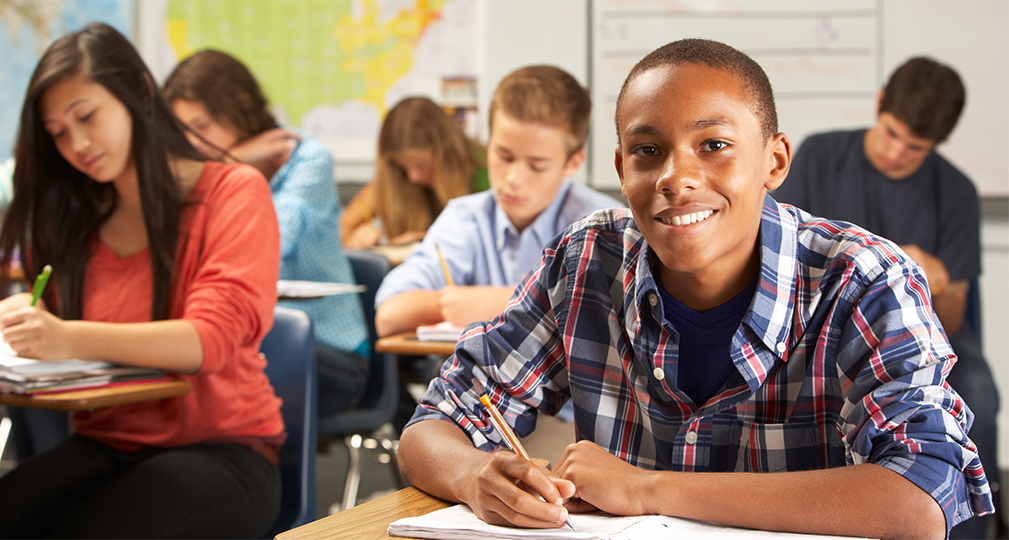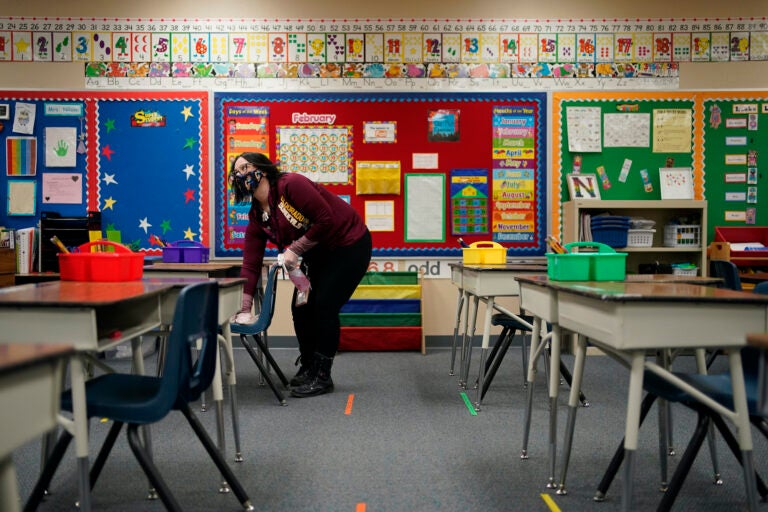Join Us: Events and Campaigns to Save Temecula Schools
Join Us: Events and Campaigns to Save Temecula Schools
Blog Article
How Schools Play an Essential Duty in Shaping Future Leaders and Trendsetters
By integrating project-based learning and interdisciplinary research studies, educational organizations challenge pupils to evaluate and manufacture complex info. Educators serve as advisors, assisting trainees and supporting their potential, while extracurricular activities additionally create leadership abilities and durability.
Cultivating Crucial Assuming
In today's quickly advancing world, fostering essential thinking within instructional institutions has ended up being critical. As culture comes to grips with significantly intricate global difficulties, the ability to examine, assess, and synthesize info is essential. Schools play an important duty in creating these skills, preparing pupils to browse and deal with diverse issues with informed, reasoned decisions.
To grow vital thinking, educators utilize numerous instructional techniques that encourage active knowing and intellectual engagement. Classroom discussions, problem-based understanding, and Socratic examining are crucial in promoting reflective and logical idea processes. By challenging students to interrogate presumptions and think about numerous viewpoints, these methods make certain a deeper understanding of subject matter past rote memorization.
In addition, integrating vital believing throughout the curriculum enhances its value and applicability in diverse contexts. Topics such as mathematics, science, background, and literary works each offer distinct opportunities to establish trainees' critical professors. Evaluating historic occasions requires recognizing and examining resources context, while scientific questions demands extensive theory screening and evidence-based reasoning.
Eventually, instilling critical assuming skills in pupils furnishes them with the cognitive devices required for long-lasting knowing and adaptability. It is via this foundational competence that future leaders will have the ability to innovate, address problems, and contribute meaningfully to society.
Motivating Creativity
Accepting creative thinking within academic structures galvanizes students to believe past standard boundaries and explore cutting-edge remedies. By integrating creative endeavors and creative thinking workouts into the educational program, institutions cultivate a setting where originality and creative thought are valued. This technique not just improves the academic experience however also furnishes trainees with the capacity to deal with real-world difficulties in unique methods.
Educational establishments can foster creativity with varied methods such as project-based discovering, interdisciplinary studies, and the incorporation of arts and modern technology. Project-based discovering, for circumstances, urges students to apply their knowledge in useful, often collaborative, tasks that require creative analytical abilities. Interdisciplinary studies allow students to attract connections between different subjects, consequently broadening their viewpoints and enhancing their creative capacities.
Additionally, supplying pupils with chances to engage with emerging innovations, such as coding and digital layout, additionally nurtures their creative potential. These tasks trigger students to experiment, stop working, and iterate, which are important parts of the imaginative procedure (Save Temecula Schools). By preserving a supportive environment where experimentation is motivated, schools can make certain that trainees develop the confidence to go after innovative ideas
In significance, nurturing imagination in academic settings is essential for shaping future leaders and pioneers efficient in dealing with intricate worldwide issues with resourcefulness.
Encouraging Collaboration

Executing group-based knowing modules and participating tasks allows trainees to experience the dynamics of synergy firsthand. This not only recommended you read prepares them for the collaborative nature of modern workplaces but also nurtures leadership top qualities as they usually have to tackle functions such as task supervisors or team coordinators. Additionally, partnership in the class can damage down social obstacles and promote inclusivity, ensuring that each pupil really feels valued and heard.
Furthermore, integrating innovation can further sustain joint efforts. Tools like common interactive platforms and digital offices allow students to work together successfully, also outside the class. As pupils create these collaborative abilities, they are better outfitted to tackle intricate difficulties and innovate, preparing for their future functions as innovators and leaders.
Duty of Teachers as Advisors

Mentorship includes personalized attention, where educators recognize and nurture private strengths and address weak points. Save Temecula Schools. Through individually communications, teachers can tailor their advice and assistance to meet each student's distinct requirements, cultivating a sense of confidence and strength. This personalized approach grows a growth learn the facts here now attitude, urging trainees to watch failures as possibilities for learning and growth
Furthermore, educators function as function designs, demonstrating the values of empathy, willpower, and honesty. Their activities and perspectives supply a blueprint for students to emulate, instilling a sense of moral duty and social awareness. By developing a encouraging and comprehensive class atmosphere, instructors make it possible for pupils to create social abilities that are important for reliable management.
Fundamentally, the mentorship provided by educators lays a fundamental framework for the development of future leaders, furnishing them with the understanding, skills, and worths needed to excel in an ever-evolving globe.
Influence of After-school Activities
When integrated properly into the educational structure, extracurricular tasks substantially boost trainee advancement and management potential. These tasks supply pupils with chances to explore interests beyond the standard curriculum, fostering a well-rounded straight from the source ability collection. Clubs, sports teams, and arts programs grow crucial high qualities such as team effort, time management, and strength. Involvement in these activities usually needs trainees to take on duties, thus supporting their leadership capacities.
Furthermore, extracurricular participation encourages imagination and development. Students took part in discussion, drama, or music clubs find out to assume seriously and approach problems from varied perspectives. These experiences impart confidence, allowing students to voice their ideas and take campaign in various settings. By teaming up with peers from different histories, pupils additionally establish compassion and interaction abilities, crucial characteristics for future leaders.
After-school activities likewise play a crucial function in academic efficiency. Research study suggests that trainees associated with such programs have a tendency to have greater grades and better attendance records. These tasks give a healthy electrical outlet for anxiety, contributing to total well-being. Hence, institutions that focus on a well balanced strategy to education, integrating robust extracurricular programs, are most likely to generate leaders and innovators furnished to fulfill the challenges of the future.

Verdict
In verdict, institutions substantially form future leaders and trendsetters by nurturing crucial thinking, imagination, and cooperation amongst pupils. By cultivating a helpful environment that values individual toughness and synergy, institutions gear up trainees with the needed abilities to browse future obstacles and drive technology.
As trainees create these joint abilities, they are much better furnished to deal with complex challenges and introduce, laying the groundwork for their future duties as leaders and innovators.
By cultivating essential thinking and analytic skills, teachers aid trainees navigate intricate difficulties, preparing them for management roles in numerous fields.
By collaborating with peers from various backgrounds, students likewise develop empathy and communication abilities, essential characteristics for future leaders.
In final thought, schools dramatically form future leaders and innovators by supporting crucial reasoning, creativity, and partnership amongst trainees. By promoting a helpful environment that values private toughness and team effort, schools furnish trainees with the necessary abilities to browse future difficulties and drive technology.
Report this page